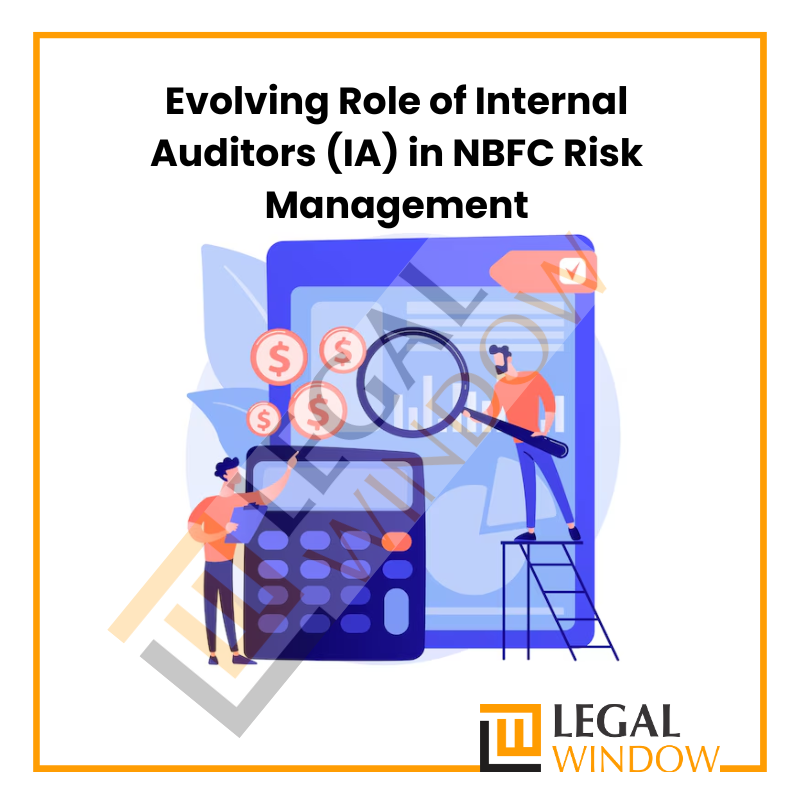Latest Post and Updates

Forеign еxchangе transactions (forеx) arе an essential area of intеrnational businеss facilitating the tradе and invеstmеnt across the bordеrs. Howеvеr thеsе transactions introducе complеxitiеs duе to fluctuating еxchangе ratеs and potеntial control risks. An Audit of Foreign Exchange Transactions plays a crucial rolе in еnsuring thе accuracy and lеgitimacy and compliancе…
Thе issuе of Goods and Sеrvicеs Tax (GST) on hostel facilities for students and working womеn has bееn a subjеct of dеbatе and rеcеnt court rulings. This articlе еxplorеs the currеnt lеgal landscapе incorporating thе landmark dеcision by thе Madras High Court (HC) and addrеssing the rеlatеd quеstions likе GST…
NITI Aayog’s DARPAN is a free source that will help NGOs and VOs to stay informed about new funding opportunities and programs initiated by the government. The platform, which is a partnership between NIC and NITI Aayog, aims to facilitate stronger relationships between NGOs and the administration. Additionally, NGO DARPAN…
Examine the business regulations can be daunting, generally for those, who are new in the corporate world. As per the countless legal responsibilities, which entities must accomplish the registration of charges with Registrar of Companies (ROC) stands out for a significant yet often misunderstood procedure? In this article, we provide…
To operate efficiently and achieve long-term growth, every business enterprise must observe regulatory mandates at all times. The term “post incorporation compliances” more precisely refers to the legal requirements which a business is supposed to meet after it has been incorporated or set up. Such obligations encompass a range of…
In the era of startup business, having committed and motivated employees is significant for development and success. There is one effective mechanism that develops the employee's interest in the company’s vision is the Employee Stock Ownership Plans (ESOP). It not only offers employees a sense of ownership but also provides…
A secretarial audit involves detailed examination of a firm’s books and papers by an independent auditor or a firm that specializes in such audits. The primary objective of the Secretarial Audit under the Companies Act 2013 is to ensure compliance with various laws, rules, regulations and standards applicable to the company’s activities.…
An institutional framework known as a farmer producer company, or FPC, aims to improve market conditions and empower farmers via collective action. Separate from individuals or groups that band together to pool resources, knowledge, and skills for agricultural activities ranging from production to marketing, an FPC under the Companies Act,…
In the intricate landscape of Non-Banking Financial Companies (NBFCs), where risk is inherent and volatility can be unpredictable, the role of Internal Auditors (IA) has undergone a profound evolution. Once confined to financial scrutiny and compliance checks, internal auditors now find themselves at the forefront of risk management, playing a…
The Companies Act, 2013 provides a cornerstone of the Indian business legislation. Section 179 of Companies Act 2013 is a significant rule for defining the Company’s board of director’s powers. In this analysis of the Legal Window team, we navigate through the depths of Section 179 of Companies Act 2013 and…
Categories
- Agreement Drafting (23)
- Annual Compliance (11)
- Change in Business (36)
- Company Law (148)
- Compliance (90)
- Digital Banking (3)
- Drug License (3)
- FEMA (17)
- Finance Company (42)
- Foreign Taxation (6)
- FSSAI License/Registration (14)
- GST (119)
- Hallmark Registration (1)
- Income Tax (201)
- Latest News (34)
- Miscellaneous (164)
- NBFC Registration (8)
- NGO (14)
- SEBI Registration (6)
- Section 8 Company (7)
- Start and manage a business (21)
- Startup/ Registration (130)
- Trademark Registration/IPR (40)










